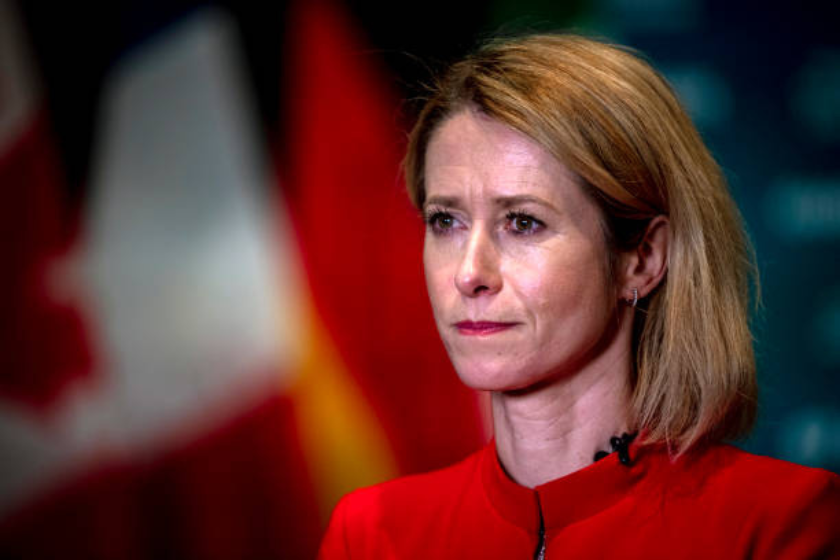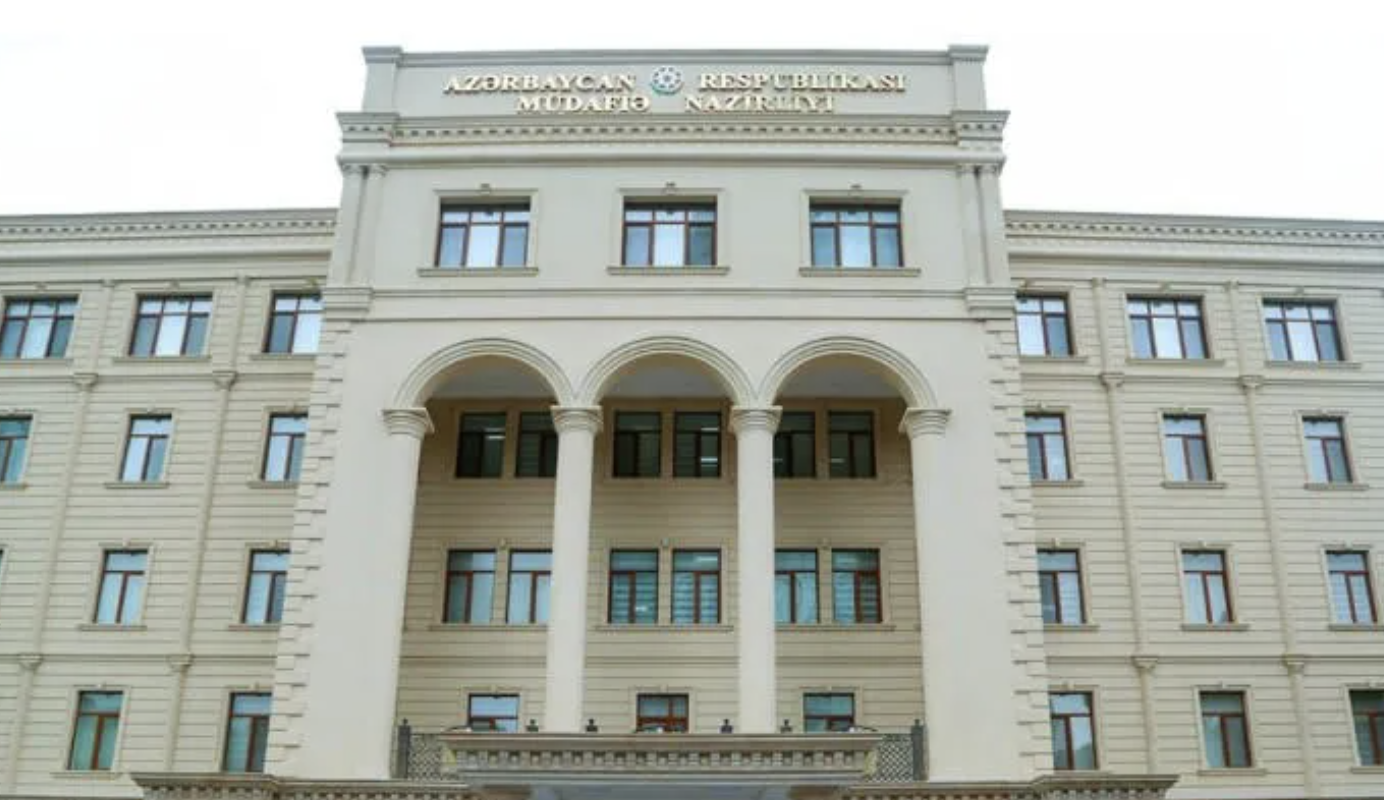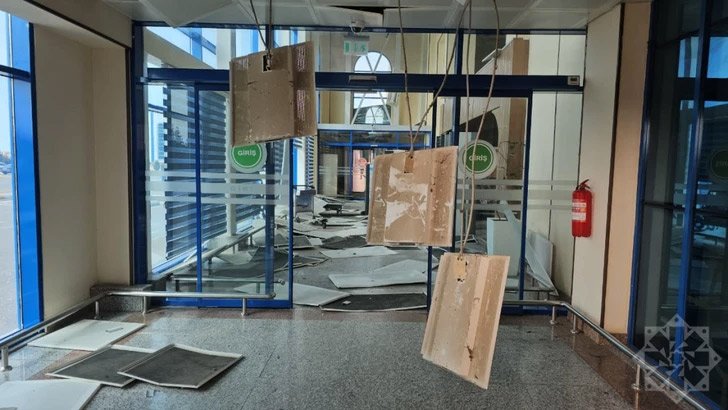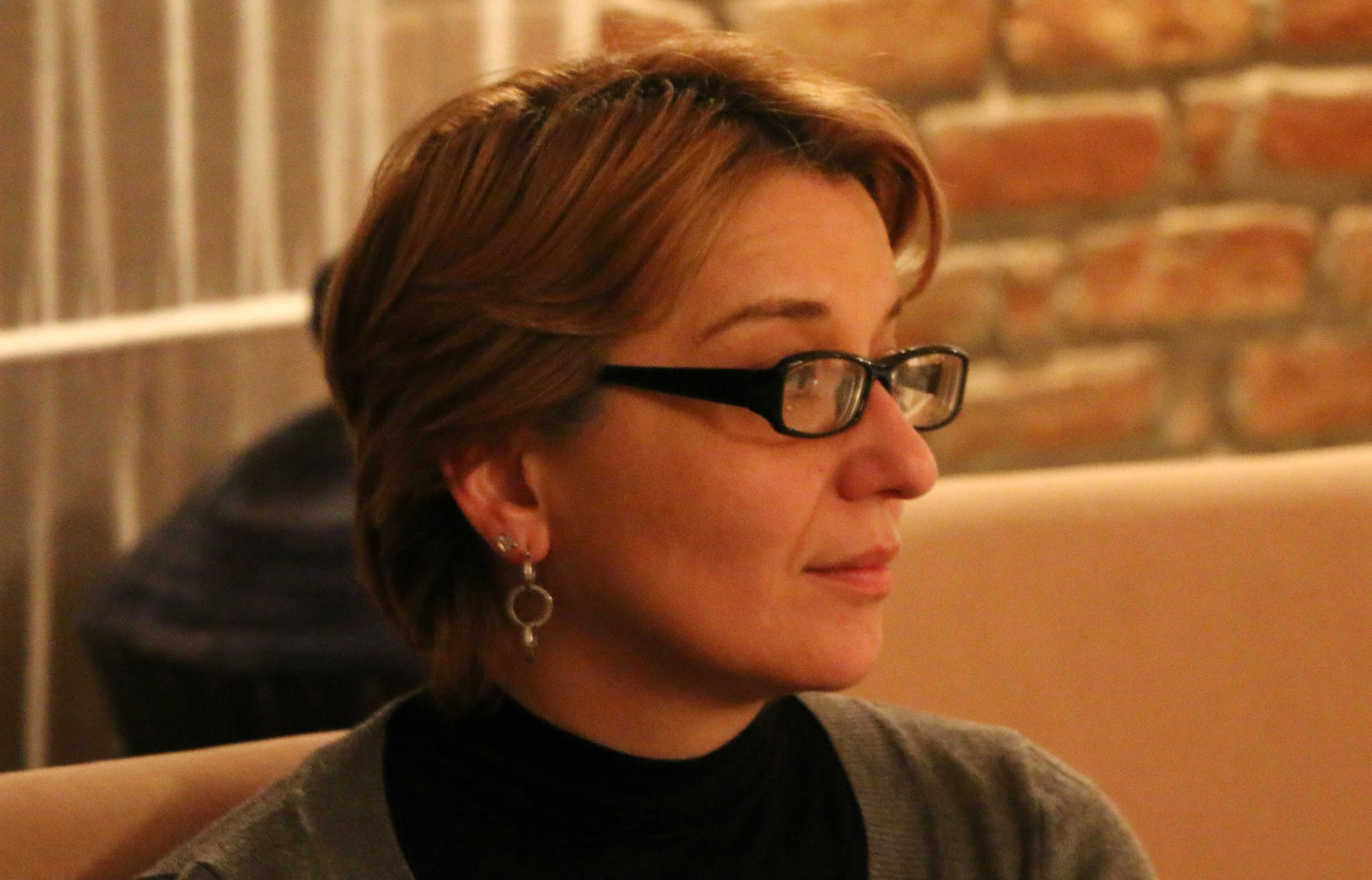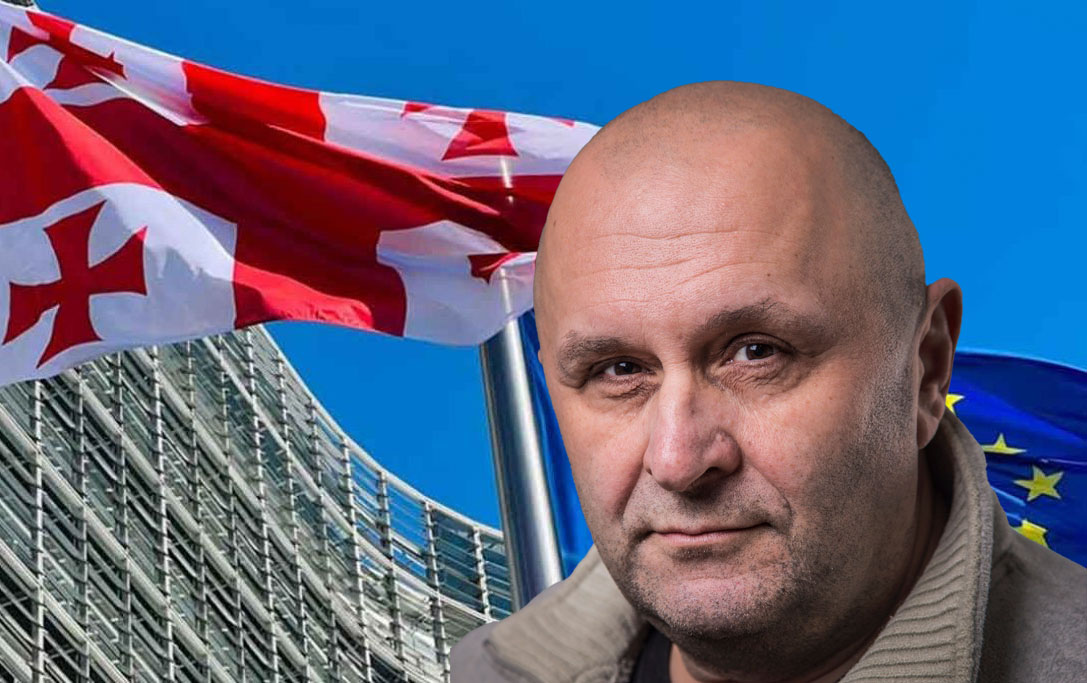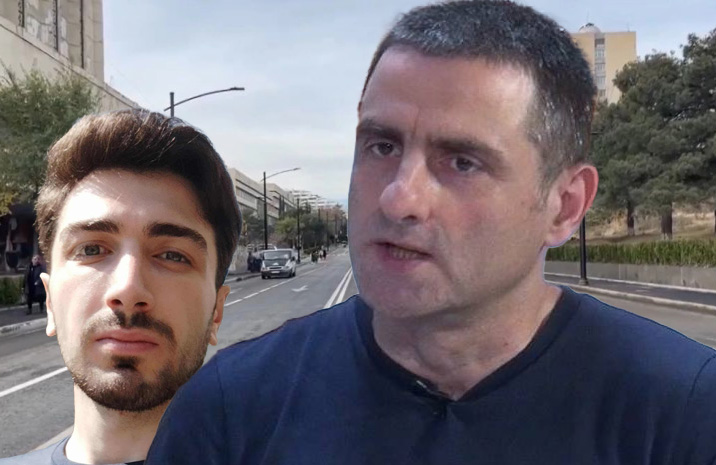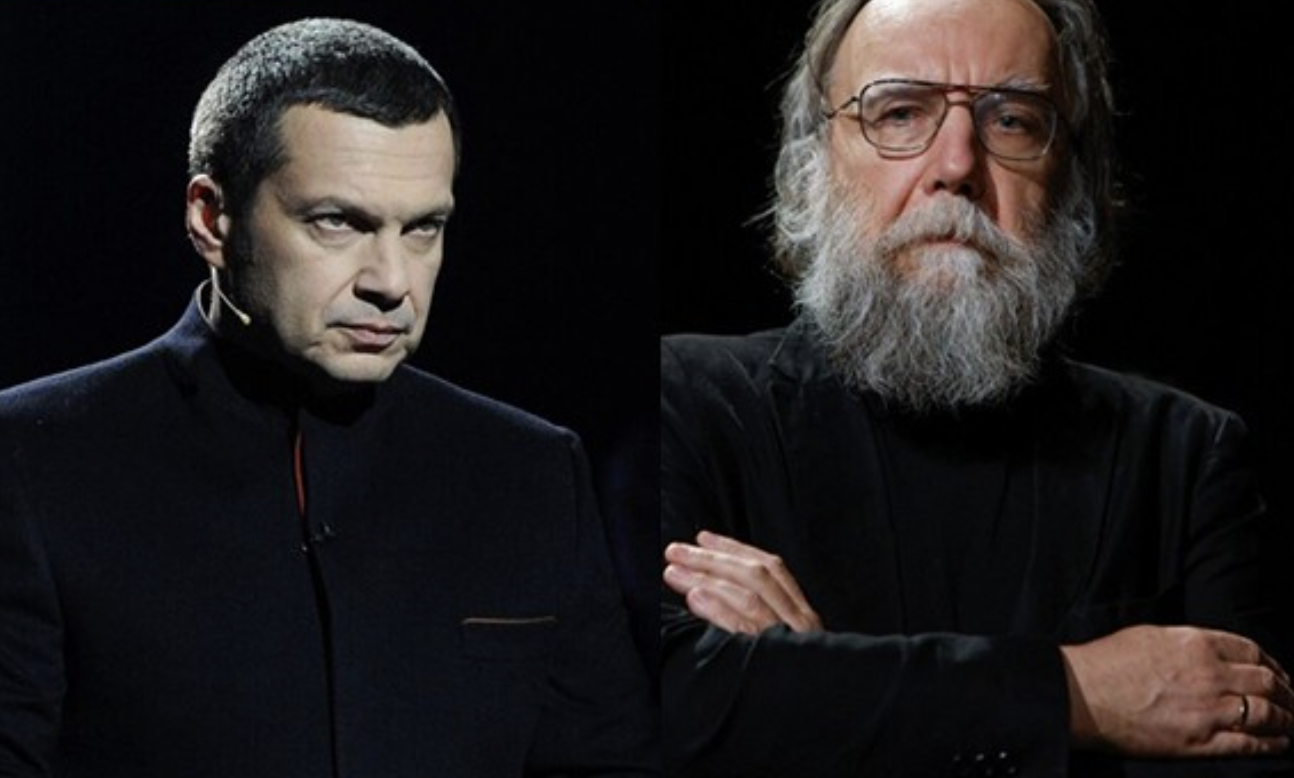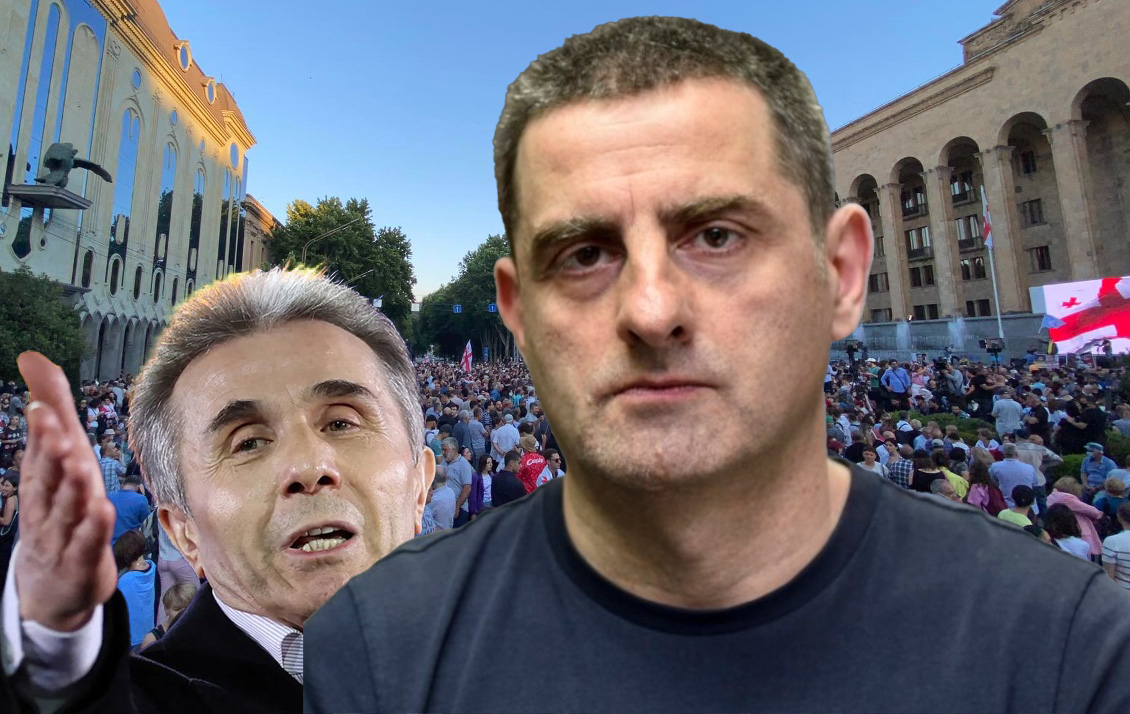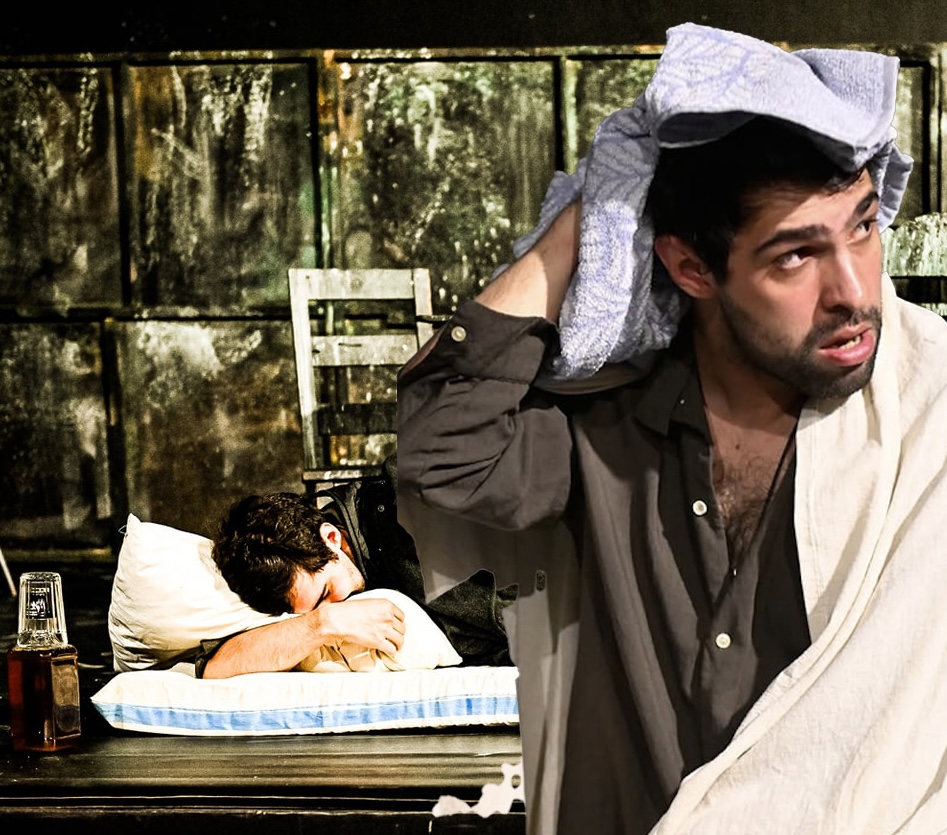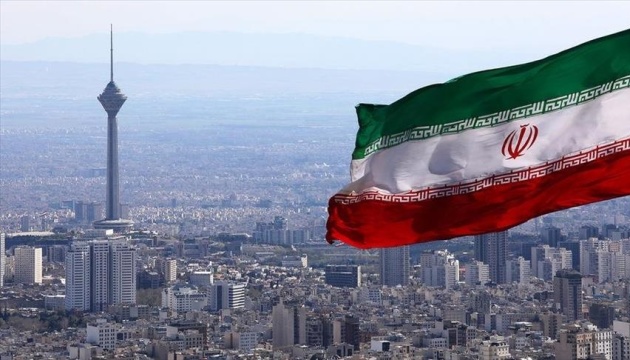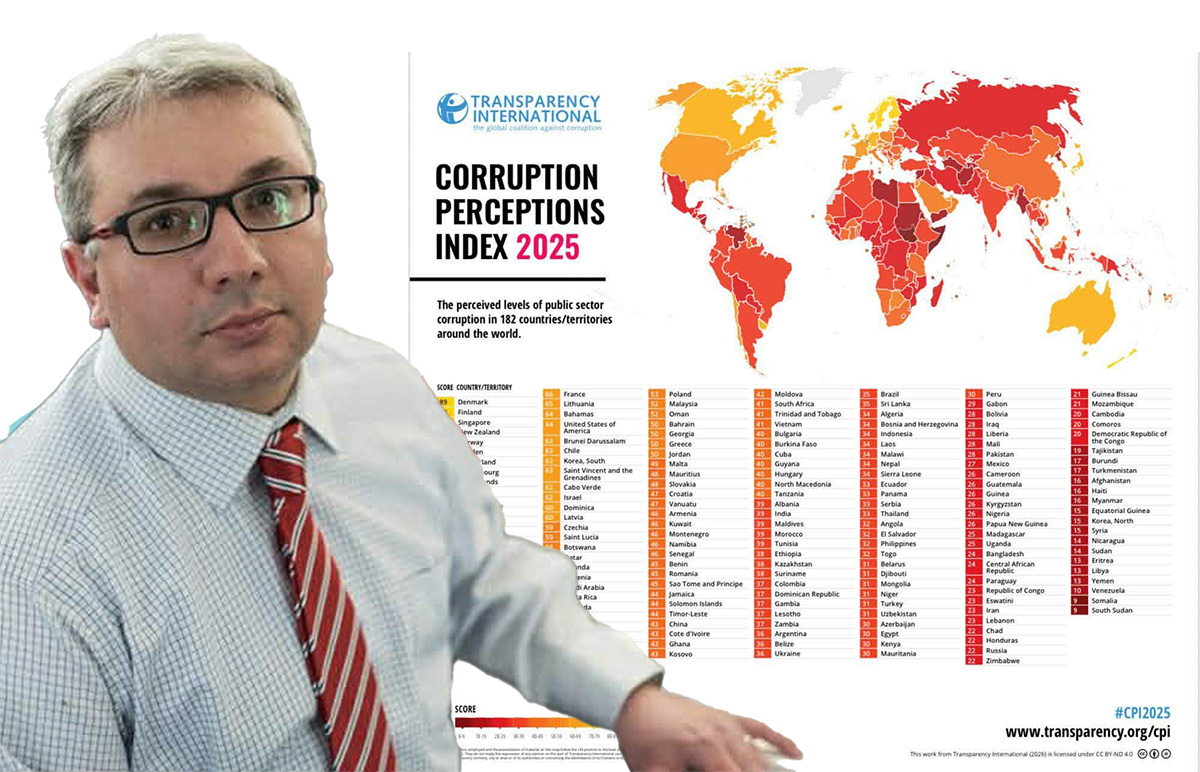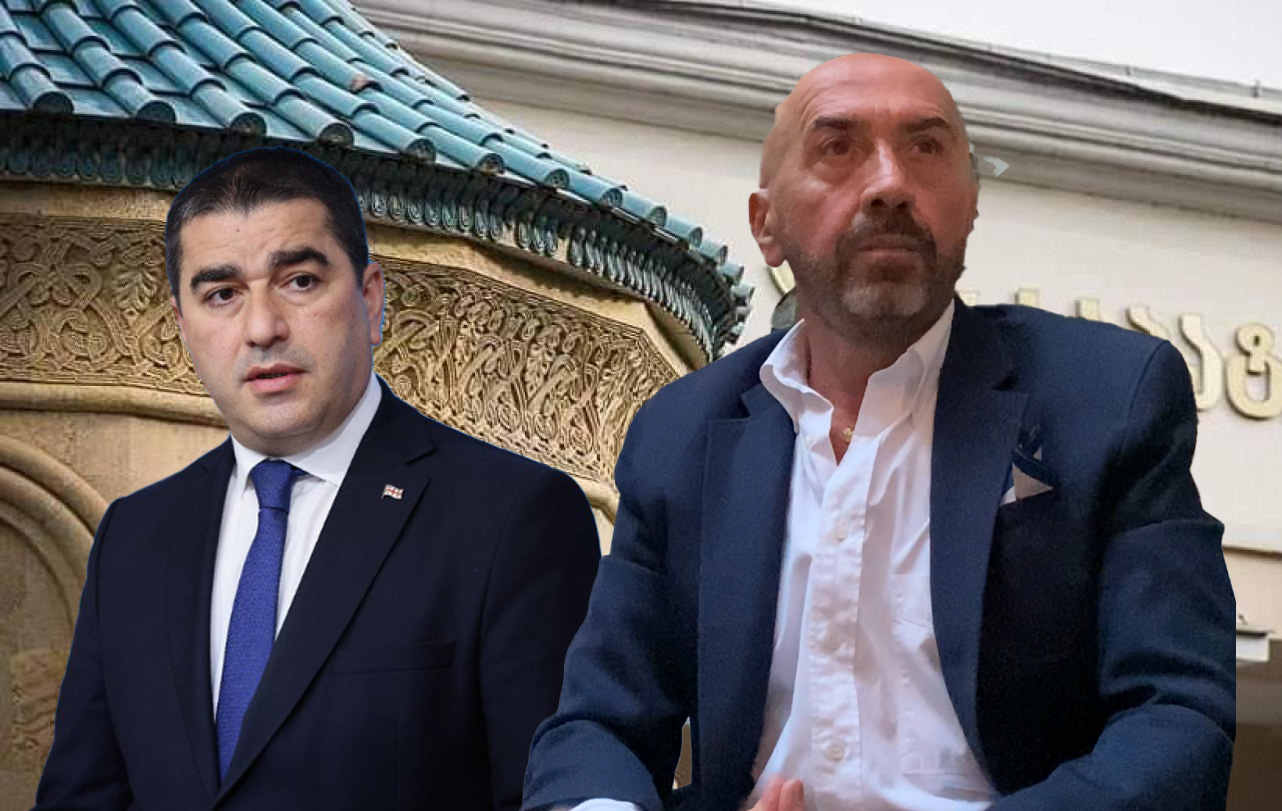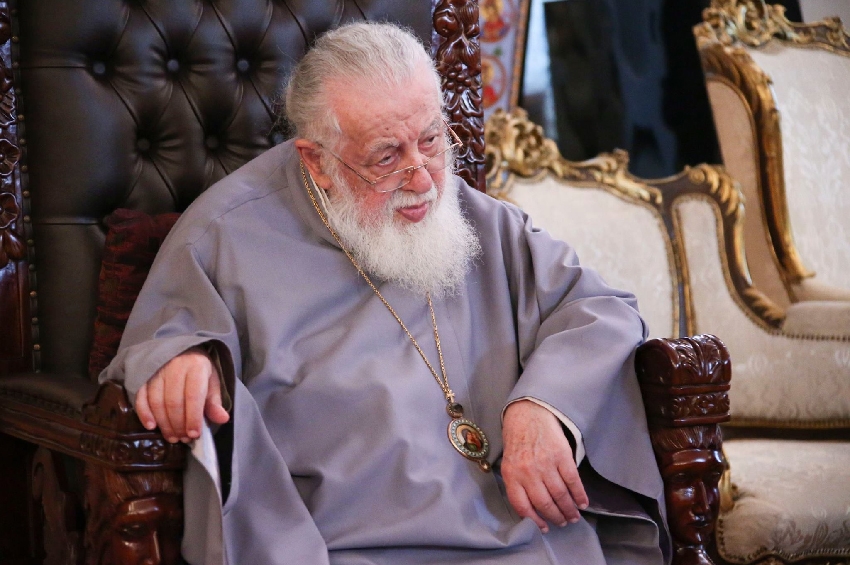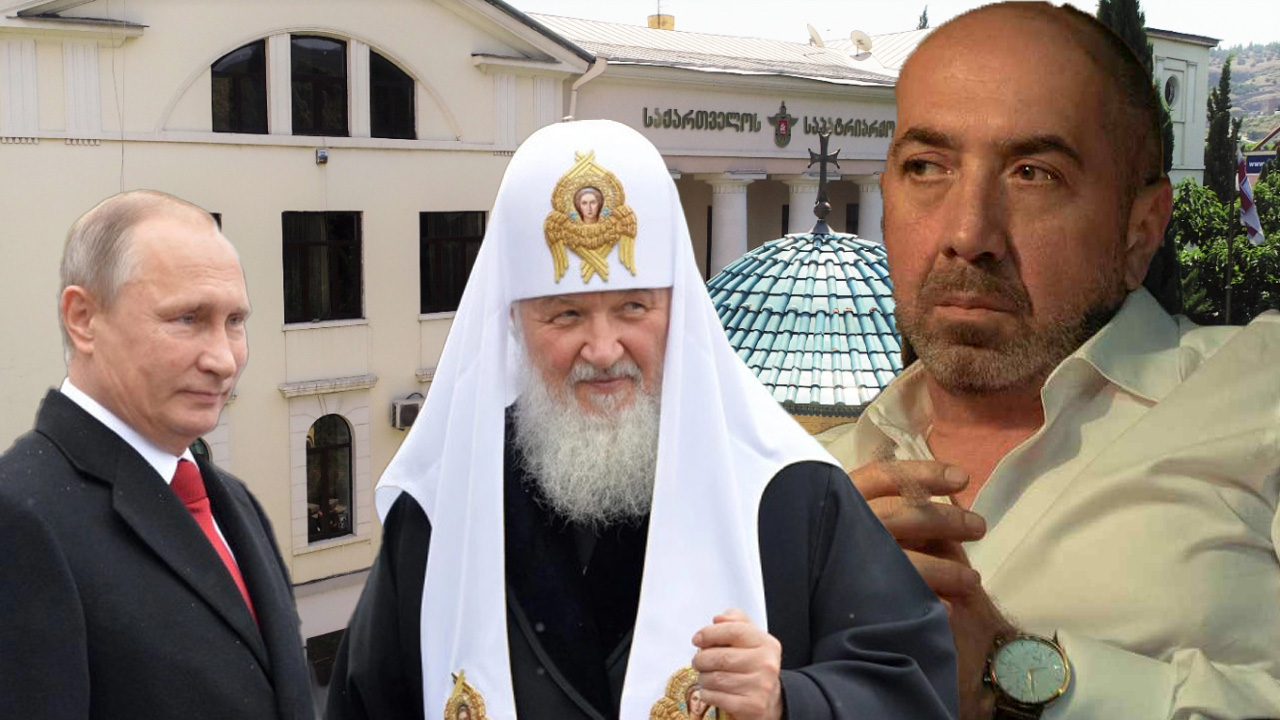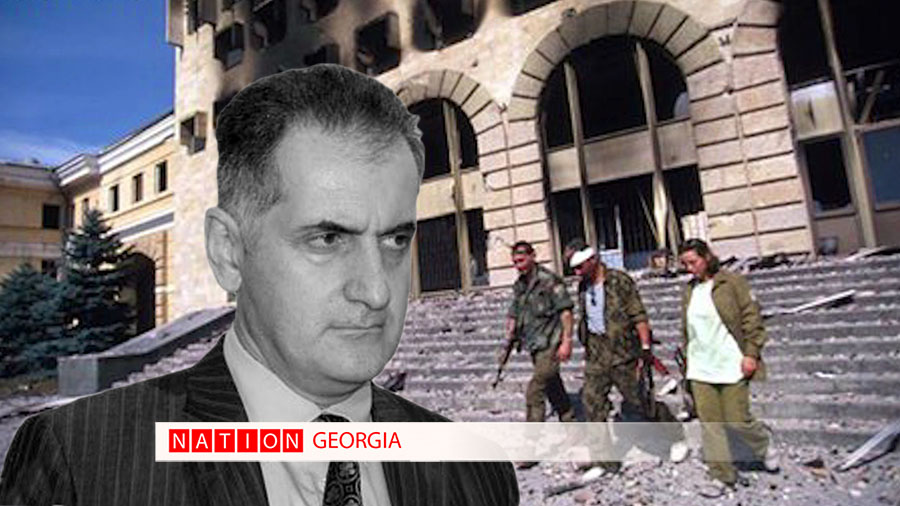Kremlin wants to justify ongoing war by blaming Ukraine for terrorist attack - ISW
27.03.2024 ნახვები: 525
That's according to the Institute for the Study of War (ISW), Ukrinform reports.
"The Russian claims insisting on Ukrainian involvement, on the other hand, forward the Kremlin's longstanding effort to justify its ongoing full-scale invasion of Ukraine in the long-term by falsely portraying the existence of an independent and sovereign Ukraine as an existential threat to Russia," experts said.
They added that the Kremlin and its ultranationalist mouthpieces are evidently ignoring the clear threat that IS and IS-K operations inside Russian territory poses to Russia's internal security and its civilians to prioritize instead the informational impacts of falsely accusing Ukraine of involvement while also maintaining a level of access to the ethnic minority communities that may be vulnerable to recruitment by IS-K and similar groups in order to retain a mobilizable resource for the war in Ukraine.
"The Kremlin has likely decided that the informational value of blaming Ukraine for the Crocus attack is worth whatever internal security risks and civilian casualties Russia may suffer for failing to adequately address a radical Salafi-Jihadi threat within its borders," experts concluded.
Late on March 22, terrorists staged a shooting at the Crocus City Hall on the outskirts of Moscow. The attackers shot people with automatic weapons and set the building on fire.
According to the latest data, the attack killed at least 137 people, including three children, and left more than 180 injured.
Russia's Federal Security Service (FSB) announced the arrest of 11 suspects, including four people who directly participated in the terrorist attack.
John Kirby, the White House national security spokesperson, dismissed Russia's allegations that the terrorist attack on the Crocus City Hall concert venue in the Moscow region had been linked to Ukraine, describing them as Kremlin propaganda.

